The USA Federal Reserve (Fed) is expected to cut $15 billion in monthly asset purchases of $120 billion at its meeting this month.
While the Fed is not expected to change the policy rate at this month's meeting, it is expected to taper off asset purchases. Economists said the Fed is trying to stay away from raising interest rates for the time being, but the level of inflation may be determinant in the bank's stance on rate hikes.
Answering the questions of the AA correspondent on the subject, Commerzbank US Fed Economist Bernd Weidensteiner stated that the Fed may make a statement that it has started tapering gradually. Stating that the asset purchase program could end in the middle of 2022, Weidensteiner emphasized that increasing inflation risks also fueled the discussions that the first interest rate hike could be as early as next year.
Weidensteiner noted that the Fed will try not to escalate this debate too much for now.
Stating that the Fed may gradually reduce its monthly asset purchases of 120 billion dollars, Weidensteiner stated that the markets have already taken tapering into account.
Noting that the focus will be on the first rate hike, Weidensteiner said that the statements of some members of the bank reveal that the Fed is actually starting to worry more and more about increasing inflation.
Weidensteiner said Fed members argue that the current high inflation rates are mainly the result of one-off effects related to the crisis and that significantly lower rates of inflation can be expected again in the coming year.
Emphasizing that the relaxation in inflation may take longer than expected, Weidensteiner noted that the rise in energy prices contributed to this situation.
Weidensteiner stated that price inflation is spreading to more and more goods and this negative inflation picture requires the Fed to take countermeasures.
Expressing that the Fed's projections include the prediction that the bank will not take any steps to increase interest rates until 2023, Weidensteiner said that the markets are skeptical that the bank can wait that long.
Drawing attention to Fed Chairman Jerome Powell's statements that the Fed will "make efforts not to exacerbate expectations regarding rate hikes", Weidensteiner said that inflation data will show how long the Fed can continue in this line in the near future.
Noting that the focus will be on the first rate hike, Weidensteiner said that the statements of some members of the bank reveal that the Fed is actually starting to worry more and more about increasing inflation.
Weidensteiner said Fed members argue that the current high inflation rates are mainly the result of one-off effects related to the crisis and that significantly lower rates of inflation can be expected again in the coming year.
Emphasizing that the relaxation in inflation may take longer than expected, Weidensteiner noted that the rise in energy prices contributed to this situation.
Weidensteiner stated that price inflation is spreading to more and more goods and this negative inflation picture requires the Fed to take countermeasures.
Expressing that the Fed's projections include the prediction that the bank will not take any steps to increase interest rates until 2023, Weidensteiner said that the markets are skeptical that the bank can wait that long.
Drawing attention to Fed Chairman Jerome Powell's statements that the Fed will "make efforts not to exacerbate expectations regarding rate hikes", Weidensteiner said that inflation data will show how long the Fed can continue in this line in the near future.


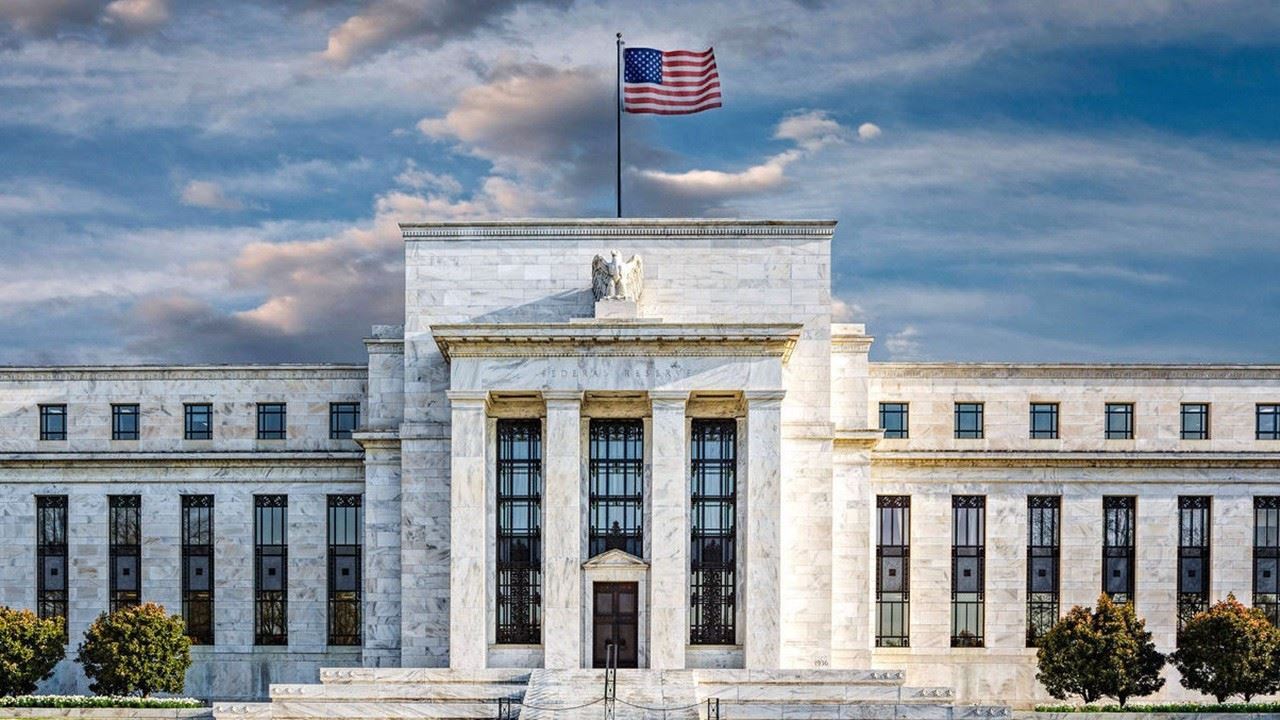


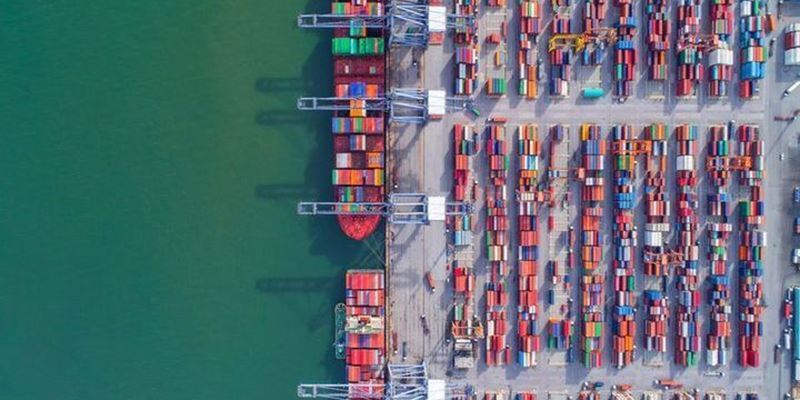
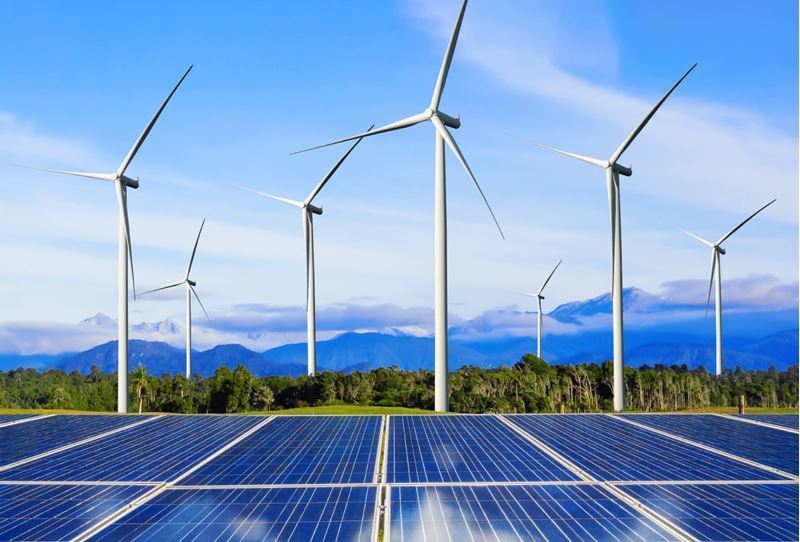
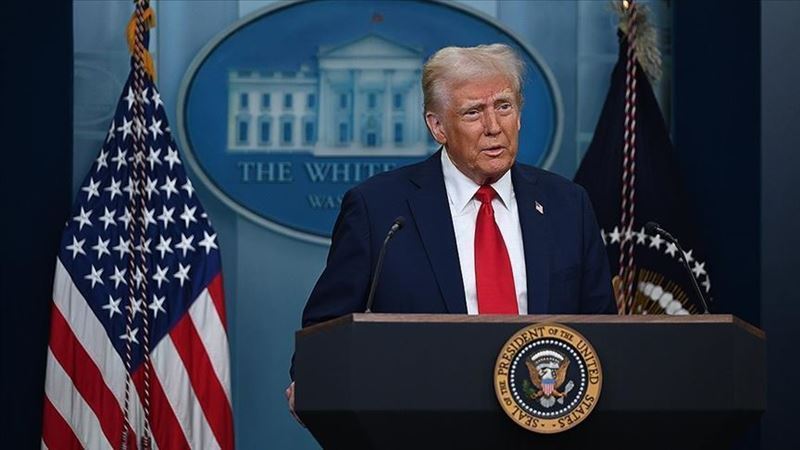
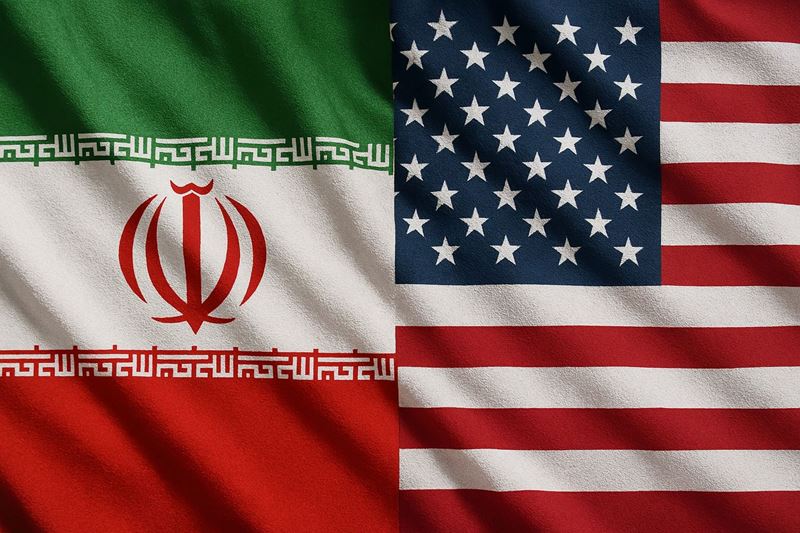


Comments
No comment yet.